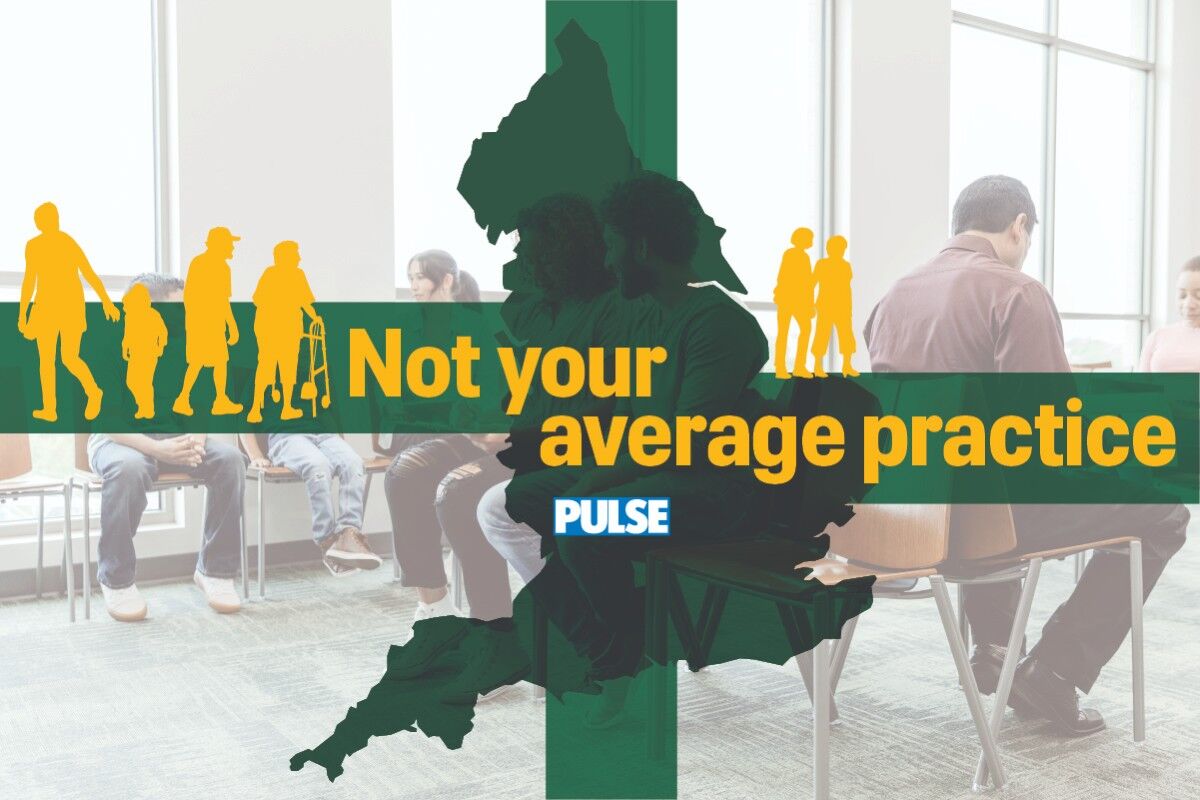A third of patients diagnosed with cancer in an emergency had not been to see their GP about any symptoms beforehand, a study has revealed.
Researchers said their findings showed that rather than GPs missing signs of cancer, patients are tending to ignore ‘red flag’ symptoms or failing to seek help because they are facing other problems that may prevent them from going to their GP.
Their study also showed that cases where patients had been to their GP several times before an emergency diagnosis were relatively uncommon, and usually associated with complex and difficult diagnoses.
The team of academics from University College London, University of Cambridge and University of Exeter analysed data from the 2010 National Cancer Patient Experience Survey for more than 4,600 patients diagnosed in an emergency, which was linked to information on their route to diagnosis.
They found just over a third (34%) of the patients had not been to the GP at all before their emergency – mainly men, the elderly and those from more deprived backgrounds.
Among the 23% of patients who had seen their GP three times or more before an emergency diagnosis, many had cancers that were more difficult to spot, such as multiple myeloma and lung cancer.
Multiple visits were also more likely in people diagnosed at a young age, which would make it harder to spot they might have cancer, the researchers said.
The researchers concluded: ‘Contrary to suggestions that emergency presentations represent “failures of primary care”, the present findings suggest that many emergency presenters have no prior contact with primary care and emphasis the potential influence of psychosocial patient factors.’
Co-author Dr Georgios Lyratzopoulos, reader in cancer epidemiology at University College London, said: ‘These findings tell us that some patients diagnosed as an emergency might not be acting on “red flag” symptoms which could have prompted them to visit their GP.
‘There’s also a host of other factors that may be at play. For example, many elderly patients may find it difficult to get to the surgery or have other conditions which would prevent them from seeking an appointment, such as dementia.’
Commenting on the study, RCGP chair Professor Helen Stokes-Lampard said that ‘GPs take their role in diagnosing cancer as early as possible very seriously’ and that the college ‘would urge patients who experience any concerning or persistent symptoms to book an appointment’.
She added that although a majority of of patients found to have cancer (75%) are referred after only one or two GP consultations, GPs ‘would be helped by increased access to new and improved diagnostic tools to help them identify cancers that are more difficult to spot’.
Professor Greg Rubin, professor of primary care and general practice at Durham University, clinical lead for the RCGP national audit of cancer diagnoses in primary care, said that ’emergency presentations have for a long time been blamed on failings in general practice, so this paper provides robust and welcome evidence to the contrary, that a third of these patients don’t see the GP beforehand and that a further third are dealt with very promptly’.
He added that the finding that younger patients and those with ‘no specific alarm symptoms’ tended to see the GP more before emergency presentation meant GPs ‘need to “think cancer” more widely” and focus on ‘safety-netting as a means of monitoring your patient’s clinical progress’.
Br J Gen Pr 2017; available online 25 April
Push for earlier cancer diagnoses
Government says it is committed to improving early diagnosis of cancer, with the introduction of a new waiting standard to guarantee patients get a diagnosis or the all-clear within four weeks of referral.
NHS England is also trialing a number of approaches to improve early diagnosis of cancer, including allowing people to self-refer for chest X-rays and giving GPs more direct access to diagnostic tests, as well as simplifying referral routes so patients with vague symptoms can be sent to multidisciplinary centres where they can undergo lots of different tests in one go.
GPs have in recent years come under pressure from the Government to cut variation in referral and diagnosis delays, with health secretary Jeremy Hunt previously threatening that poorer performing GP practices should be ‘named and shamed’.
However, GP experts have pointed out that much variation can depend on the type of cancer and demographics, while GPs in many areas report being over-ruled when trying to make urgent referrals and in some areas have even been incentivised to cut urgent two-week wait referrals.
Visit Pulse Reference for details on 140 symptoms, including easily searchable symptoms and categories, offering you a free platform to check symptoms and receive potential diagnoses during consultations.









